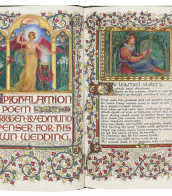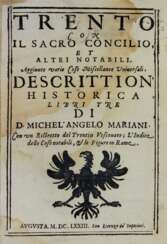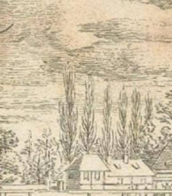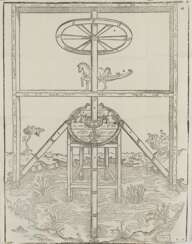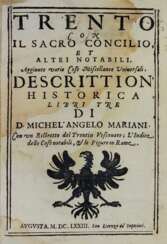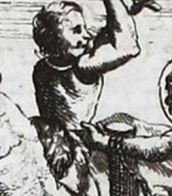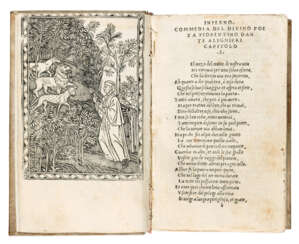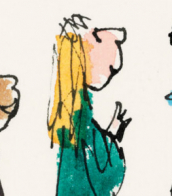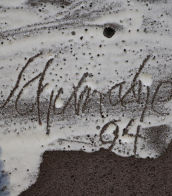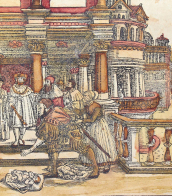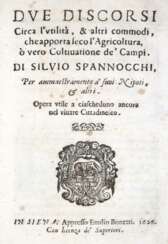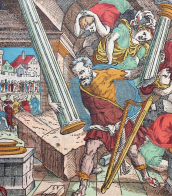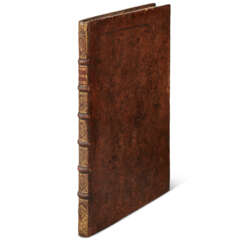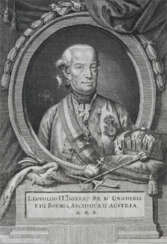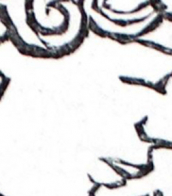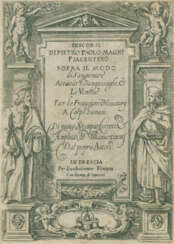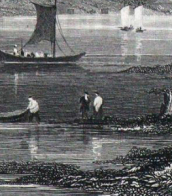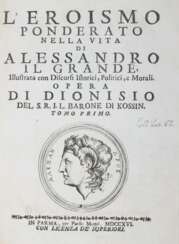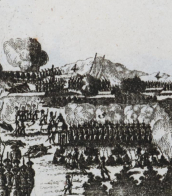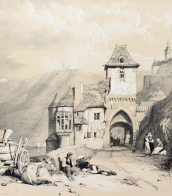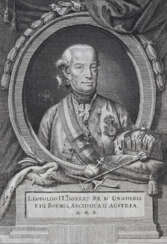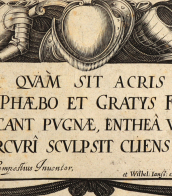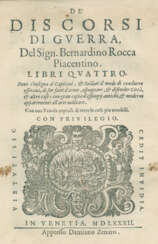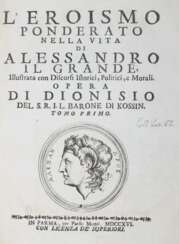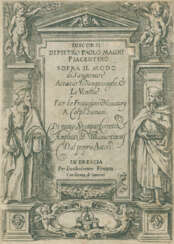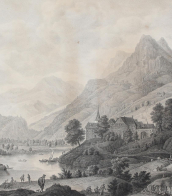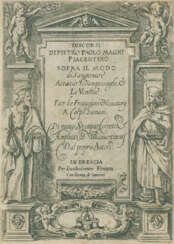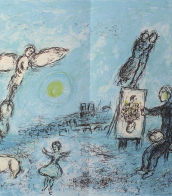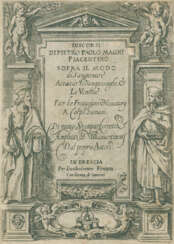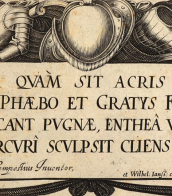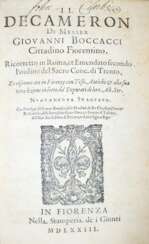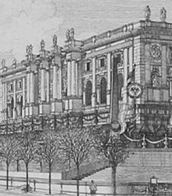discorsi
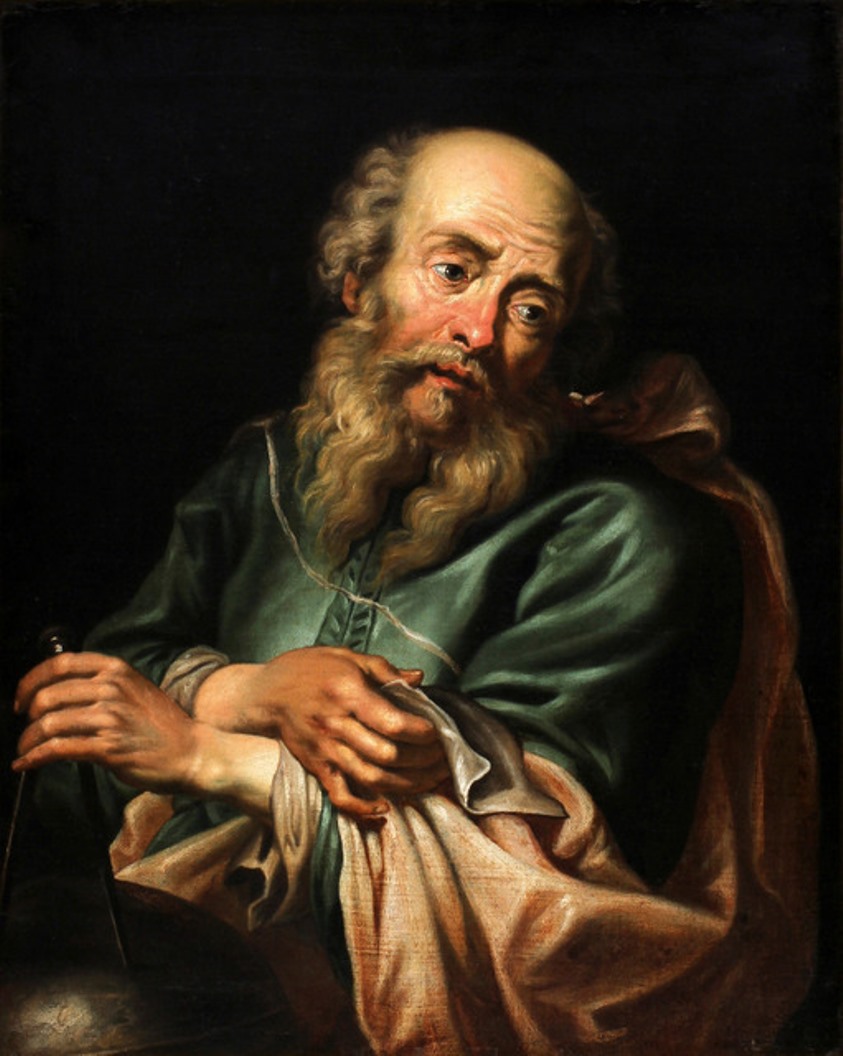
Galileo Galilei was an Italian naturalist, physicist, mechanic, astronomer, philosopher, and mathematician.
Using his own improved telescopes, Galileo Galilei observed the movements of the Moon, Earth's satellites, and the stars, making several breakthrough discoveries in astronomy. He was the first to see craters on the Moon, discovered sunspots and the rings of Saturn, and traced the phases of Venus. Galileo was a consistent and convinced supporter of the teachings of Copernicus and the heliocentric system of the world, for which he was subjected to the trial of the Inquisition.
Galileo is considered the founder of experimental and theoretical physics. He is also one of the founders of the principle of relativity in classical mechanics. Overall, the scientist had such a significant impact on the science of his time that he cannot be overemphasized.
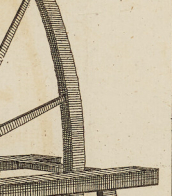
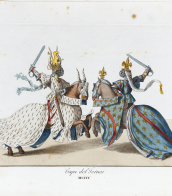


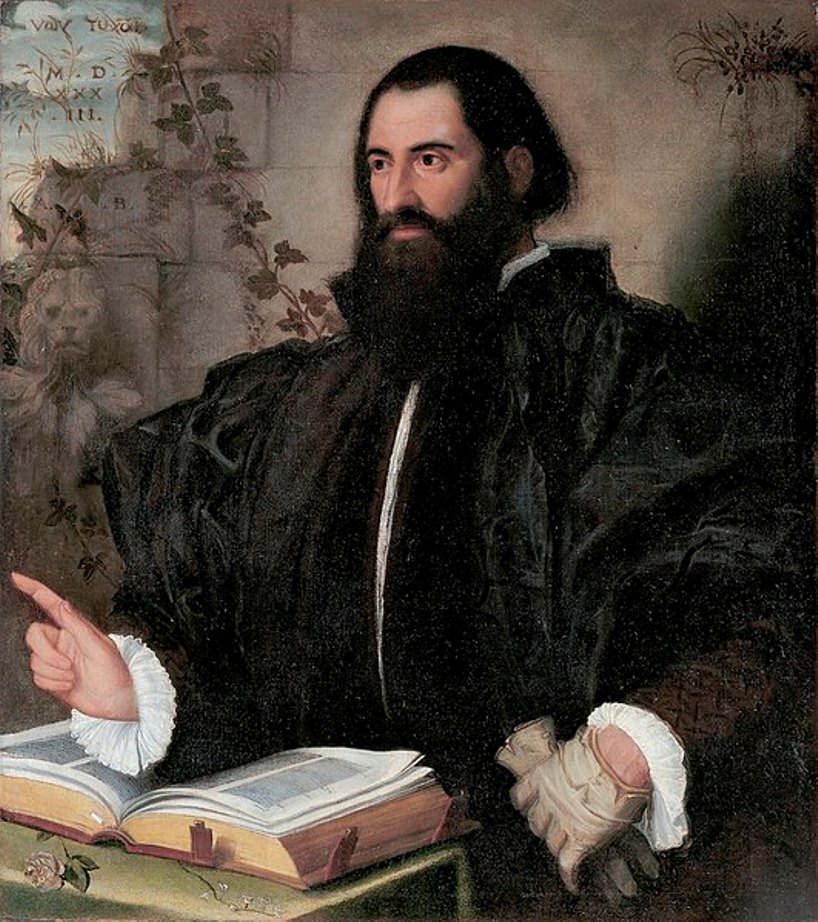
Pietro Andrea Gregorio Mattioli was a 16th-century Italian physician, botanist and pharmacist.
Mattioli studied medicine in Padua and obtained a medical practice first in his hometown. Later, in the 1555-1560s, he served as personal physician to the imperial court of Ferdinand II, Archduke of Austria, and Emperor Maximilian II. This high position allowed him to test the effects of poisonous plants on prisoners for scientific purposes.
Mattioli published several scientific works in which he included many of his own observations on the flora of the Alps, including previously unexplored plants. These works, based on the study of books by predecessor scientists, gave impetus to the development of botany throughout Italy at the time. Mattioli kept up a lively correspondence with other researchers, describing specimens of rare plants received from them. The genus of flowering plants Matthiola is named after Mattioli.


Galileo Galilei was an Italian naturalist, physicist, mechanic, astronomer, philosopher, and mathematician.
Using his own improved telescopes, Galileo Galilei observed the movements of the Moon, Earth's satellites, and the stars, making several breakthrough discoveries in astronomy. He was the first to see craters on the Moon, discovered sunspots and the rings of Saturn, and traced the phases of Venus. Galileo was a consistent and convinced supporter of the teachings of Copernicus and the heliocentric system of the world, for which he was subjected to the trial of the Inquisition.
Galileo is considered the founder of experimental and theoretical physics. He is also one of the founders of the principle of relativity in classical mechanics. Overall, the scientist had such a significant impact on the science of his time that he cannot be overemphasized.

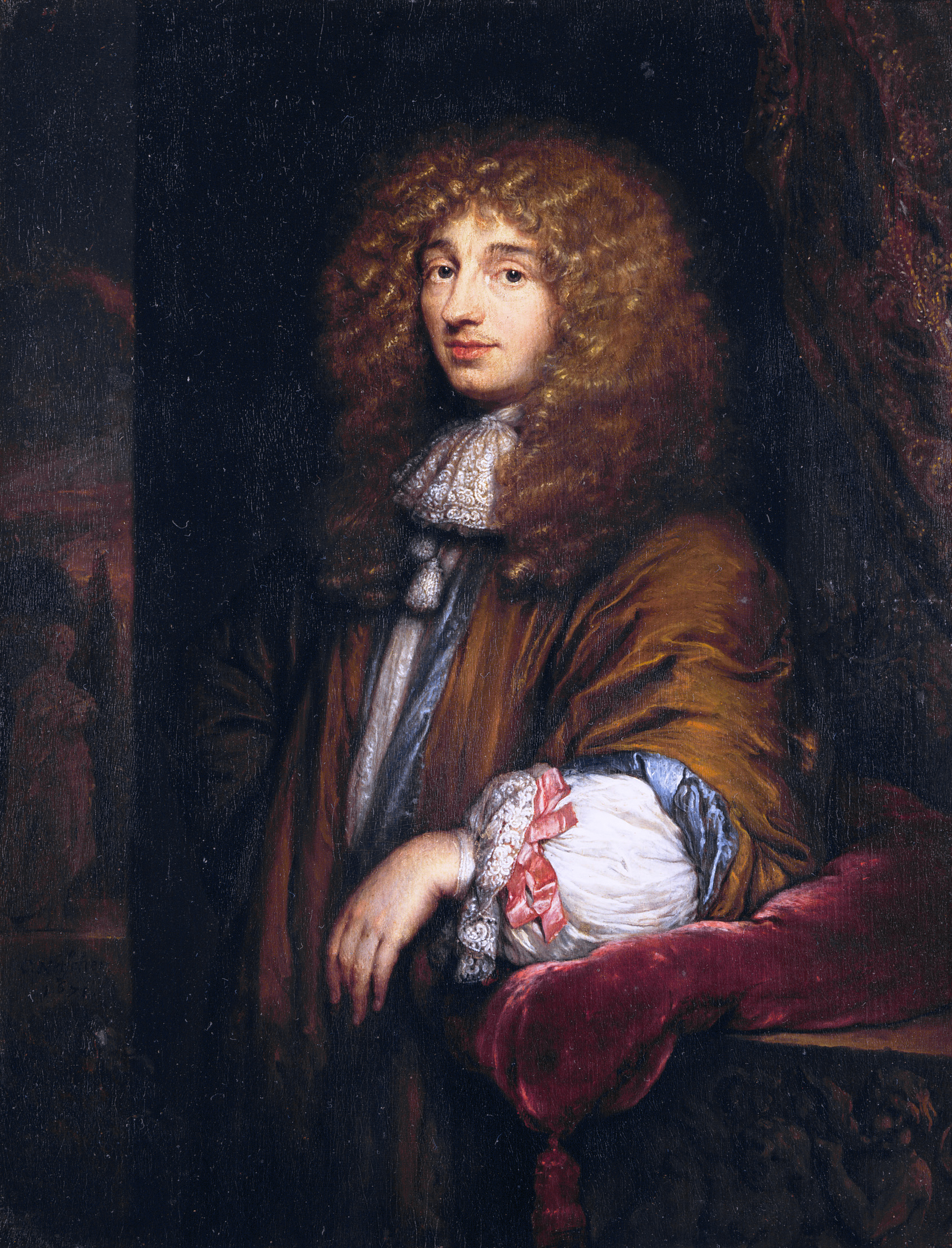
Christiaan Huygens van Zeelhem was a Dutch mechanic, physicist, mathematician, inventor and astronomer who formulated the wave theory of light.
An admirer of Descartes, Huygens preferred to conduct new experiments himself to observe and formulate laws. In physics, he contributed to the development of the crucial Huygens-Fresnel principle, which applies to wave propagation. He also extensively investigated free fall. He experimentally proved the law of conservation of momentum. He derived the law of centrifugal force for uniform circular motion.
He also invented the pendulum clock, discovered centrifugal force and the true shape of Saturn's rings as well as its moon Titan. Huygens is considered the first theoretical physicist to use formulas in physics and one of the founders of theoretical mechanics and probability theory.

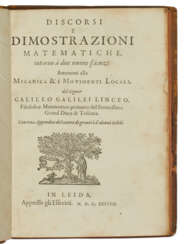

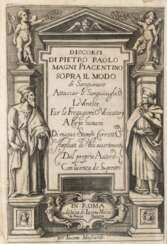

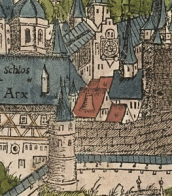


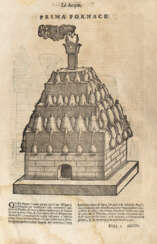

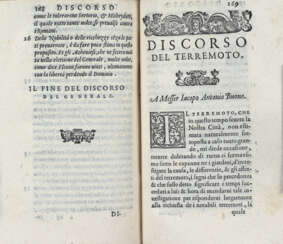



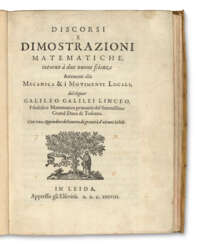

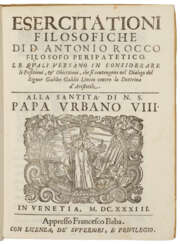

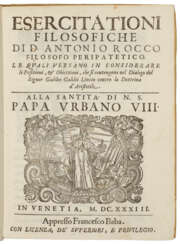


![Galileo Galilei (1564-1642) [and Marin Mersenne (1588-1648)].](/assets/image/picture_1385120/0d194/5c9e9762551134045c495e462543a9bd1618394400jpg__fix_374_244.jpeg)
![Galileo Galilei (1564-1642) [and Marin Mersenne (1588-1648)].](https://veryimportantlot.com/assets/image/picture_1385120/0d194/5c9e9762551134045c495e462543a9bd1618394400jpg__fix_374_244.jpeg)
